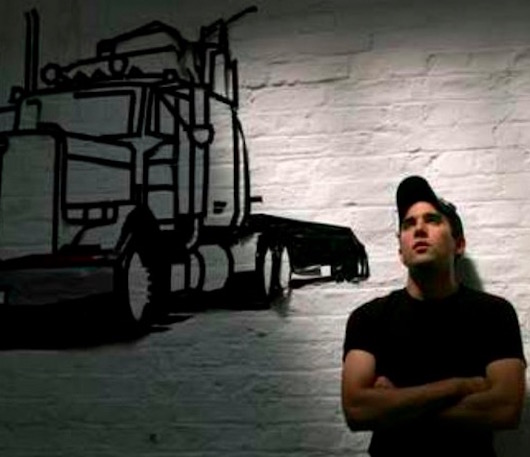 LOS ANGELES
LOS ANGELES In Which We Decide To Stop Traveling Alone
 Thursday, March 3, 2016 at 2:52PM
Thursday, March 3, 2016 at 2:52PM 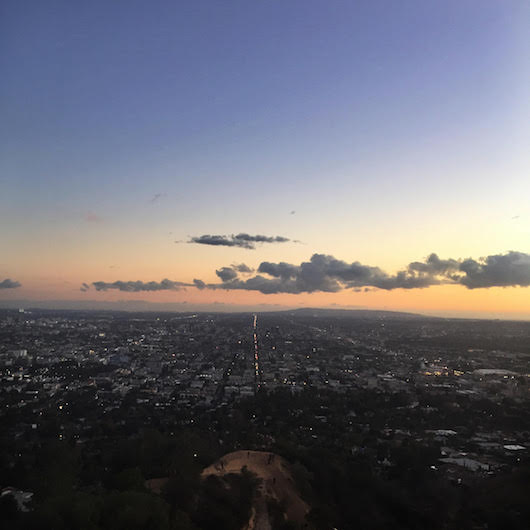
Backseat Diary
by MIA NGUYEN
December 7, 2015
12:30 p.m. By default, I’m inclined to map out potential worst case scenarios that could happen while traveling alone. I’m sitting at the terminal waiting for my flight. An episode of Broadchurch is playing in the background, but I’m distracted by the sweet, elderly couple sitting in front of me. It makes me long for permanence and romance. Longing for structure is a constant.
Vacation Resolutions:
- Nap/meditate frequently
- Walk until my feet hurt
- Stay present
12:44 p.m. I close my eyes as soon as I reach my assigned seat on the plane. I dread watching people toss personal belongings in overhead compartments. I’m always thinking about things. About how we accumulate so much of it. About how to get rid of it.
3:00 p.m. Over the summer, I spent the week tucked away in a suburban neighborhood outside of Charlotte, North Carolina with my dad and younger brother. The vacation never left us. There’s an influx of people orbiting around an emotional support dog. I opt for a seat by the window to watch the planes pass. I enjoy a salad and wonder where everyone is headed. Where’s home?
9:00 p.m. The backseat of this car smells like an off-brand cologne. The driver asks if I want a bottle of water to hydrate. I decline. Had I accepted, ninety percent of the bottle would have remained. The driver would have no choice but to throw it out. I plug in the address on my phone to count down the ETA until my next fresh breath of air.
9:33 p.m. We arrive at the apartment. I count $60 in cash from my purse to hand over to him. We tell each other to have a good night and part ways.
8:24 p.m. It’s been 8 hours since my last deep breath. Traveling makes me anxious. After locking the door, I acquaint myself with the light switches and pour a tall glass of water and leave it on the coffee table. I send a message to my host letting her that I have arrived. She responds promptly with the wifi password.
10:15 p.m. Rob sends me a text apologizing for the late response. I tell him that I had forgotten to pack a pair of sneakers and he talks about work. We text until he falls asleep. I take a shower and turn on an episode of The Great British Baking Show. I have already fallen in love with a few of the contestants.
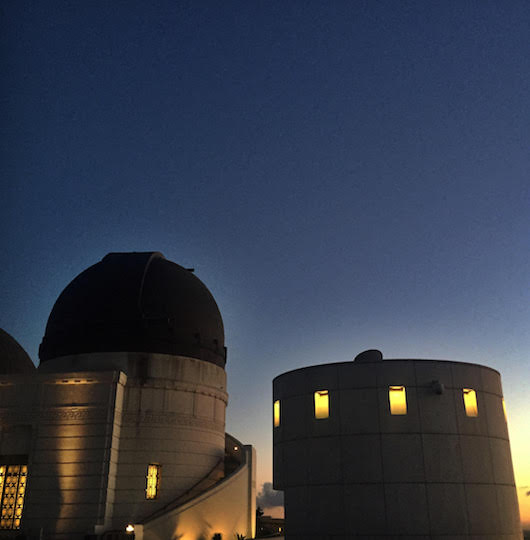
11 p.m. The sound of a cello plays in the night.
December 8, 2015
7:30 a.m. According to the host, I can help myself to any snacks in the cupboard. There isn’t anything I want to eat. I want to buy a bottle of champagne for the fridge just so I can have something to look at when I open it. I discover a box of expired rice milk with traces of mold around the rim. I throw it out in the dumpster and proceed to walk to the grocery store.
7:40 a.m. I bag two croissants, grab a case of guacamole, tortilla chips, and cradle a bottle of Martinelli’s apple juice.
7:50 a.m. The neighborhood is quiet, calm, and still. After dropping off my groceries and pacing around apartment, I regain momentum to circle back to the street so I can grab a cup of coffee.
8:45 a.m. The next train to Pershing Square from Vermont/Sunset leaves in approximately 30 minutes. There’s a familiar face on the train. It’s a girl from my French class from high school. I don’t care enough to say hello.
1 p.m. I wandered The Broad for two and a half hours before taking the train back to Los Feliz. The Visitors by Ragnar Kjartansson exhibit was completely engrossing. I sat in the corner of the dark and gloomy room listening to the 64-minute, nine-screen video installation. It’s easier to cry in a room by yourself.
5 p.m. The Los Feliz Murder House is located on 2475 Glendower Place, a few blocks from where I’m staying. I immerse myself in the bloody story before taking a nap.
6 p.m. The doctor killing himself and his entire family doesn’t leave my brain. Justin lives a few blocks away. I text him to tell him about my discovery. It doesn’t seem to worry him.
9:30 p.m. Justin and I drive to House of Pies. We could have easily walked, but according to him and the rest of Los Angeles, no one walks here. We agree on splitting a breakfast sandwich and an apple pie a la Mode. We discuss social anxiety, fear of missing out, and not accomplishing enough while we’re here.
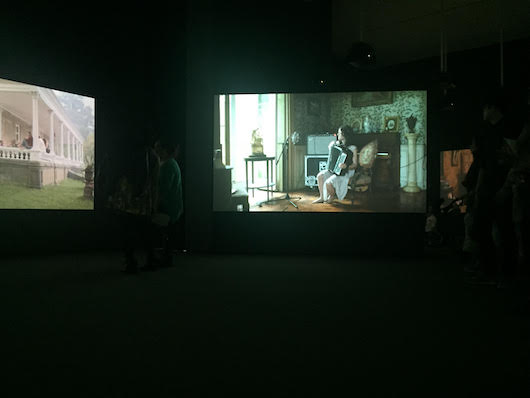
10 p.m. Justin drove me home. I hurried into the apartment, locked the door, and found myself in the same position, as though I had never even left in the first place. I fall asleep to the sound of the cello.
December 9, 2015
10 a.m. They’re filming Californication in Skylight Books. I wanted to pick up My Struggle by Karl Ove Knausgaard, but that will have to wait until tomorrow or the next day. I cleared my schedule tomorrow to visit my grandmother in Rosemead, located east of Los Angeles.
1:20 p.m. I’m taking an Uber down to Venice, a 30-40 minute drive from where I am.
2:20 p.m. After visiting The List App office, I take an Uber back to Los Feliz, which feels like a million miles away. I’m restless, but the Uber driver Brian wants to have a long conversation about a non-profit that allows children to design and make their own books. I’m enthralled, but not enough to keep the conversation going. He hands me a business card with the information. I tell him to stop at the nearest bathroom. I drank too much coffee. I buy him a SmartWater.
2:40 p.m. For the remainder of the ride, he talks about hover boards. I tell him that they’re not safe. I completely lose him. He completely loses me.
6:00 p.m. I lock up and walk to Lassen’s, a small health foods store on Hillhurst. There are approximately six parking spots that occupy the lot. There’s never any room for shoppers. I order an eggnog smoothie, which is the only thing I have the appetite for. I buy dinner supplies: pesto and ravioli. I haven’t had a sit down meal in days.
7:00 p.m. I stained the pot and there doesn’t seem to be a strainer even though there’s dry pasta in the cupboard.
8:00 p.m. I walk to get ice cream. I don’t feel so alone.
December 10, 2015
11 a.m. I am almost on the verge of falling to my knees. Perhaps I’ve gone mad. I cannot fall asleep without thinking about heartbreak. I long for permanence.
11:30 a.m. I’m meeting Emily in Studio City for breakfast. She tells me Leah Remini’s family owns the restaurant. We drive over to Pasadena afterwards. There’s an empty Toy for Tots bin in front of her work.
2:30 p.m. My cousin Jenny and I go out for dim sum. We have been to this restaurant many times before for birthday parties, family gatherings, and weddings.
3:30 p.m. I’m worried my grandmother won’t make it back in time before I leave. She’s down the street at a friends house. I have a red envelope with money for her and a shirt my mom and I picked out for her. I can’t wait to see the expression on her face. She’s 89 this year.
4:00 p.m. My grandmother is at the end of the driveway. She mistakes me for Jenny. When she gets up close she pats my head and face. I feel normal again. I feel at home. One of my dearest friends, Victoria, is driving up from San Diego today. It will be nice to have a voice fill the apartment.
5:45 p.m. Jenny and I drive over to Koreatown. I’m carrying a bag of large grapefruits to pack for my trip back home. We part ways after our grocery store trip. I take an Uber to Beverly Hills to meet Rachel. She’s in town for a company Christmas party. We meet at the Urth Caffe.
December 11, 2015
11 a.m. Victoria spills coffee all over the table. She goes and grabs another cup. We talk about our jobs and bosses. It’s a safe environment to conduct our hasty behavior. Everyone around us is doing it, making it acceptable.
11:30 a.m. There’s a parking ticket on Victoria’s car. She takes it and throws it in her backseat and does a little dance. I spend approximately an hour feeling upset about it.
2:00 p.m. After only wearing pointed Chelsea boots for the past few days, I finally get the opportunity to find a pair of sneakers.
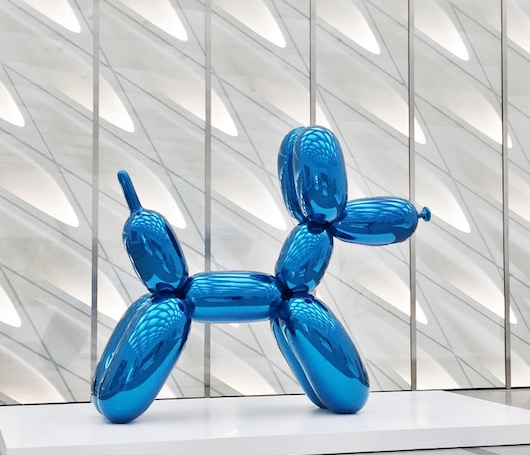
3 p.m. It’s raining in LA. No one knows what to do with their body.
4 p.m. We order Indian. The basmati rice was tough. It felt like there was a morsel of pebbles gnashing against my teeth. Everything is temporary, especially pain. I want to go home.
7 p.m. We head up to Griffith Park right before the sun sets. I’ve seen this view a million times. Victoria thinks it’s magnificent.
10 p.m. Victoria and I return from Yamashiro. We turn on Serial season two. We talk about her boyfriend. I fall asleep to the sound of Serial. She nudges my shoulder and tells me to stop snoring. I’m startled and stay awake for the rest of the night so she can rest soundly.
December 12, 2015
11 a.m. Victoria and I take the train downtown to the Los Angeles Athletic Club. We are first to arrive. I order a Moscow Mule and a Negoni. By the time people arrive, we can barely make out faces and names. I try to be polite.
1:00 p.m. Everyone is quiet. Someone at the table is telling a story about an elderly woman accidentally eating an edible on international flight to Bali.
3 p.m. I have to clean the apartment. My flight leaves at 11 p.m.
3:30 p.m. Anxiety is nigh.
4 p.m. I remove all traces that I was ever in the apartment.
8:30 p.m. I contemplate leaving a thank you note. I read bits and pieces of My Struggle by Karl Ove Knausgaard. I forget to leave a thank you note.
9:00 p.m. I head to LAX.
11:00 p.m. It’s too early to wish people a Merry Christmas. I try not to think about anything because I’m heading home.
Mia Nguyen is the features editor of This Recording. You can find her website here.
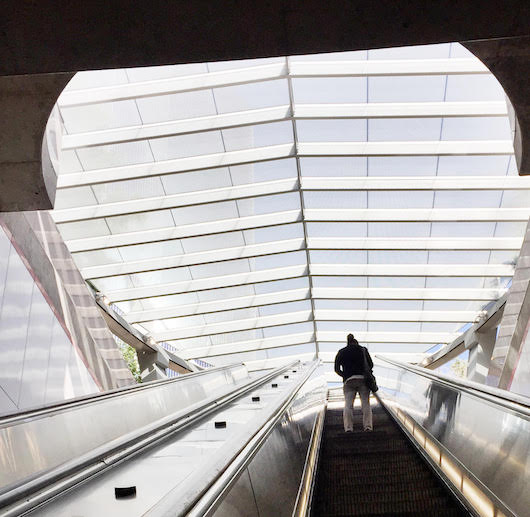
"Death with Dignity" - Sufjan Stevens (mp3)
"All Of Me Wants All Of You" - Sufjan Stevens (mp3)
